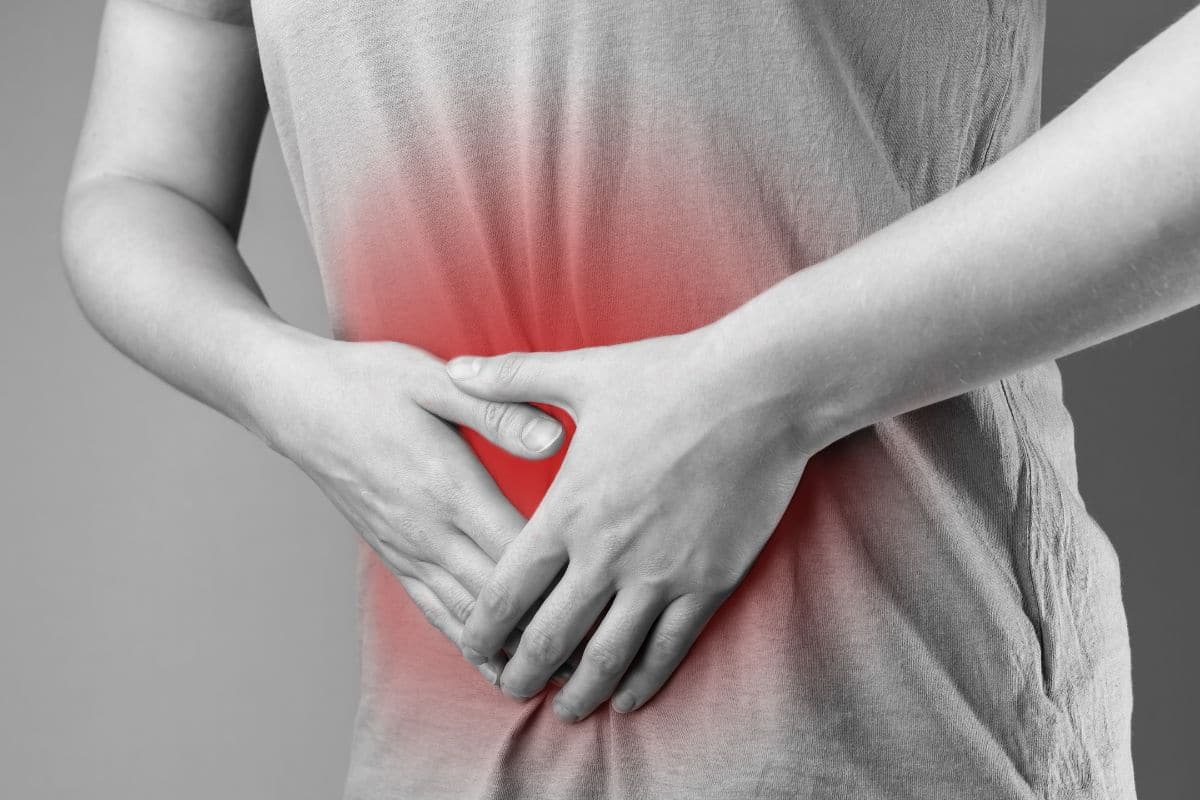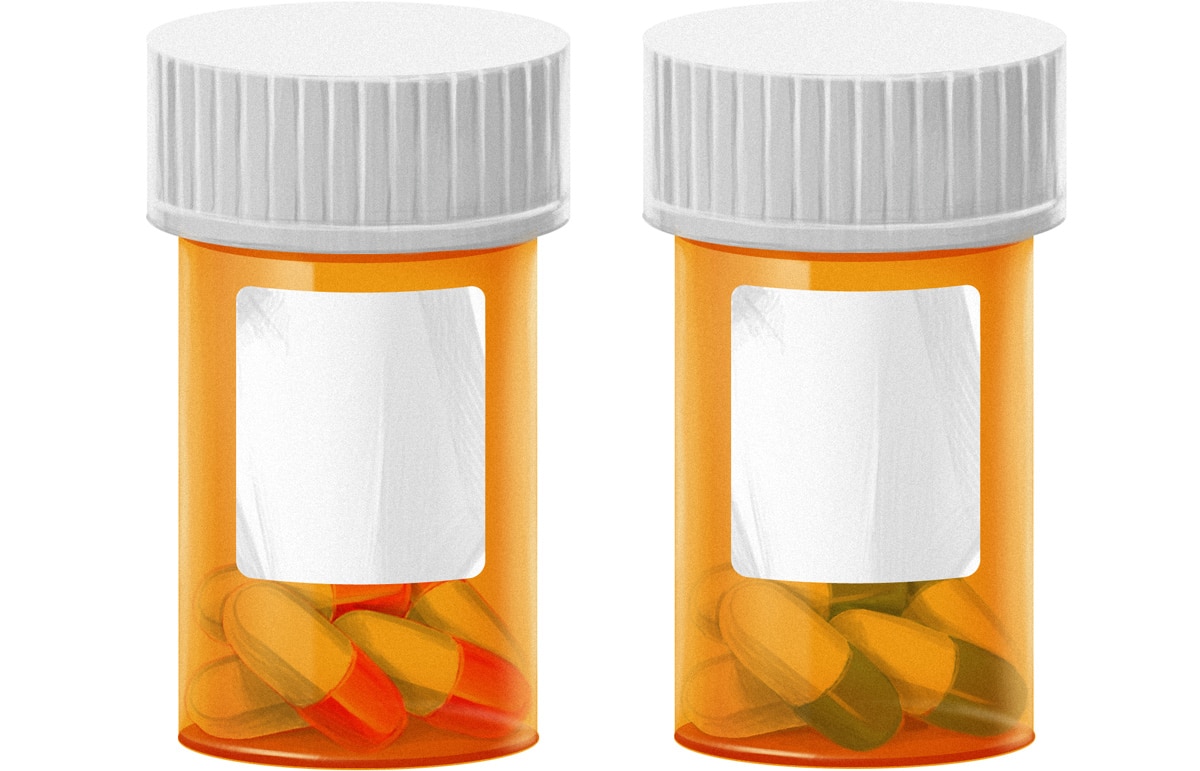“Gut irritant” is a term that gets thrown around a lot in the Paleo world as a catch-all synonym for “bad-for-you.” But what on earth does that mean? How can your gut get irritated? It’s not like your pancreas is up at 4:00 on a Wednesday night playing really loud disco music with your liver and gallbladder while your poor gut is just trying to get some sleep so it can digest your breakfast in the morning.
That would be an entertaining live show, but the actual problem is a little less dramatic: a gut irritant is something that damages the lining of the gut. And a growing body of research suggests that “irritant” might make the problem sound too minor: this kind of damage has consequences that extend well beyond the gut itself.
What Is a “Gut Irritant?”
Over the course of just one day, humans swallow an amazing amount of stuff, quite a bit of which is potentially dangerous. As soon as you swallow it, it’s your gut’s problem to deal with. To make sure you don't get sick from every single germ you swallow, the human gut is lined with a series of protective barriers. Moving from the inside of the gut towards the outside, you’ve got:
- The gut flora: commensal bacteria that live in your intestine.
- The mucus barrier: one layer of mucus in the small intestine, and two in the large intestine. The mucus barrier provides food for the gut flora, and forms a barrier that prevents bacteria from reaching…
- The mucosa (not the same thing as the mucus barrier, although they sound similar). The mucosa is the inner lining of the gut wall. It’s protected from bacteria by the mucus barrier. The mucosa has three layers, but for the purposes of this post, the most important is the epithelium, a row of tightly-connected cells forming a physical barrier against pathogens. The epithelium also contains goblet cells that produce mucus for the mucus layer.
In the mucus barrier and the epithelium, a complicated system of immune responses regulates the gut immune defense – that’s the reason why you don’t get sick from every potential pathogen you ingest. If you’ve ever accidentally shared a cup with someone with a cold and not gotten the cold yourself, thank your gut immune system!
When people say that something is a “gut irritant,” what they mean is that it causes physical damage or irritation to some part of that system, and prevents the gut barrier from doing its job properly. This kind of gut injury is inflammatory, and relies on the generation of reactive oxygen species (these are the things that antioxidants improve your health by neutralizing).
For example…
- In large quantities, alcohol can damage the mucosal lining of the gut, causing inflammation and increased permeability.
- Infections can also do it – pylori, for example, can cause inflammation and gut mucosa damage. Conversely, healthy gut flora help to maintain the integrity of the gut barrier.
- Certain drugs and treatments can irritate the lining of the gut – NSAIDs (e.g. aspirin, Ibuprofen) and chemotherapy and radiation for cancer, for example.
- Gut dysbiosis and problems with the gut flora can be very damaging to the mucus layer and the mucosa underneath.
Of course, foods can also be gut irritants. The most famous example is the mucosal injury in Celiac Disease: gluten acts as a gut irritant to patients with Celiac. There’s also some evidence for gluten causing gut irritation even in patients without Celiac, in people with Crohn’s Disease and in people who don’t have any gastrointestinal symptoms.
But gluten isn’t the only food-related gut irritant. Another major culprit is trans fats. But a review on oxidative stress in gastrointestinal injury suggested any kind of oxidized fat as potentially damaging. This would particularly put the spotlight on industrial oils for their high Omega-6 content (which makes them vulnerable to oxidation, especially since they don’t contain antioxidants like olive oil does).
There may also be a link to sugar – some animal research suggests that fructose can act as a gut irritant.
Interestingly enough, dietary iron can also increase oxidative stress, and iron supplements can sometimes cause damage to the mucosa of the stomach – potentially a point in favor of the iron overload theory of disease?
Gut Irritants and Disease
The consequences of exposure to these gut irritants can be dangerous, especially in people who have a genetic susceptibility to damage from one or the other.
The ultimate result of damage to the gut lining is leaky gut, or intestinal permeability if you want to go look up studies (“leaky gut” is a colloquial name). Very briefly, when the immune response in the gut gets thrown off its groove, the gut barrier gets confused about which things it should keep out and which things it should let into the bloodstream, and a chronic inflammatory immune response becomes self-perpetuating. Leaky gut is most famous for its role in autoimmune diseases, but it’s also implicated in all kinds of other issues, many of which aren’t localized in the gut at all.
- Damaging the mucus barrier, for example, is very important in Ulcerative Colitis. People with UC have a thinner mucus layer and fewer goblet cells.
- The gut irritation caused by NSAIDs can also contribute to developing gastric ulcers.
- In alcoholics, the increased permeability of the gut increases the exposure of the liver to potential toxins, contributing to liver disease and other organ damage in alcoholics. And liver disease that isn’t caused by alcoholism may also be gut-related:, the evidence for fructose as a gut irritant could explain its connection to non-alcoholic fatty liver disease.
- Gut irritation is also associated with an increased risk of certain cancers (e.g. gastric cancer)
- In Celiac Disease, gut inflammation contributes to bone loss. Left undiagnosed in children, the nutrient deficiencies caused by damage to the intestinal mucosa can leave the child underweight for life, and also put her at risk for nutrient-deficiency diseases like anemia.
Basically, if your gut isn’t happy, no part of you is happy. (If you’re interested, this is a free full-text describing some of the consequences of intestinal permeability in more detail)
The Good Guys
Gut irritants are obviously the “bad guys” – but the world isn’t divided into “things that damage the gut lining” and “things that have no particular effect.” Some foods and food components are also beneficial, either because they protect against damage or because they help heal it.
Some research suggests that dietary fiber (specifically fructans) can help maintain the integrity of the gut mucosa and also make sure the bacterial colonies on its surface are the beneficial kind. Probiotics are also helpful for chemotherapy-induced symptoms caused by damage to the gut mucosa, and may be useful for other conditions as well. There's some evidence for glutamine in extreme disease states, but not much so far showing benefit for healthy people.
Considering that abnormal gut flora is a gut irritant in itself, anything that maintains the health of the microbiome would also be a “good guy:” think sleep, regular exercise, and stress management.
Summing it Up

Damage to the gut lining is bad news, and the consequences can go far beyond the gut itself. That’s why one of the basic principles of Paleo is to take care of the gut lining – by avoiding gut irritants, and making lifestyle choices that support healthy gut function. What those choices are will have a lot of individual variation, and there aren’t a lot of large, high-quality studies on diet and gut irritation in healthy people, but keep an eye on “intestinal permeability” when you’re skimming the headlines: the more we learn about it, the more important it seems to be.






Leave a Reply